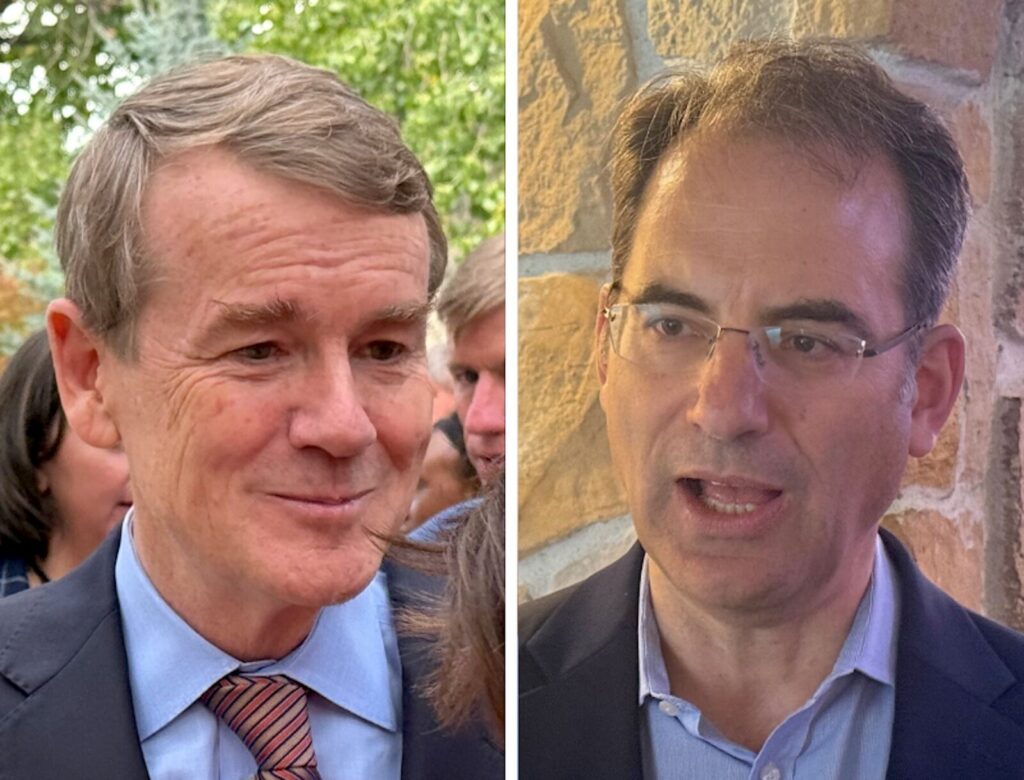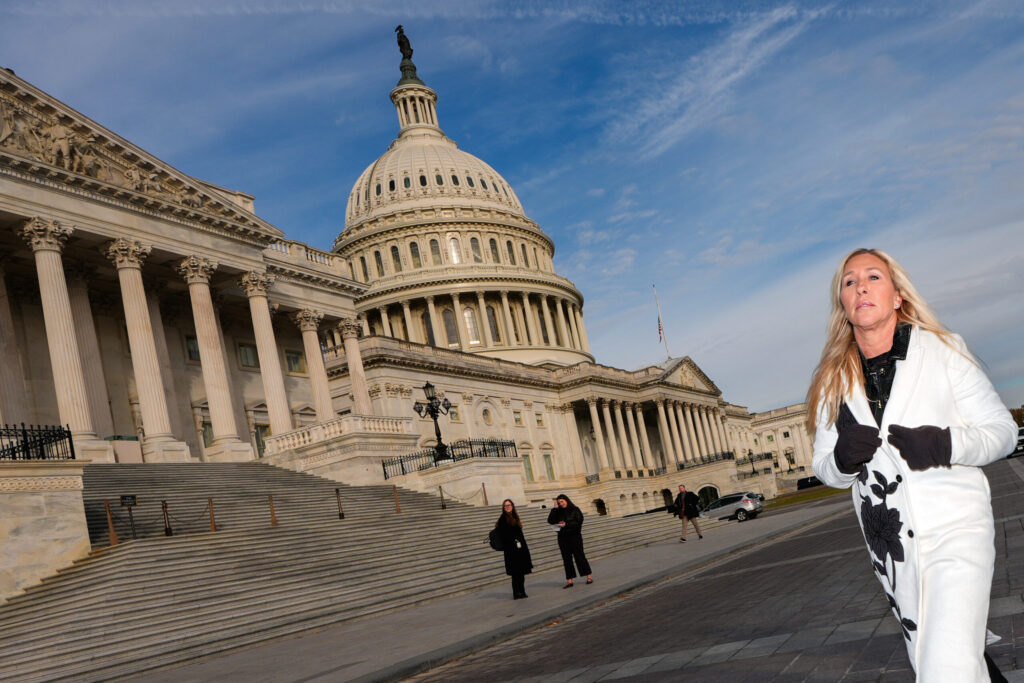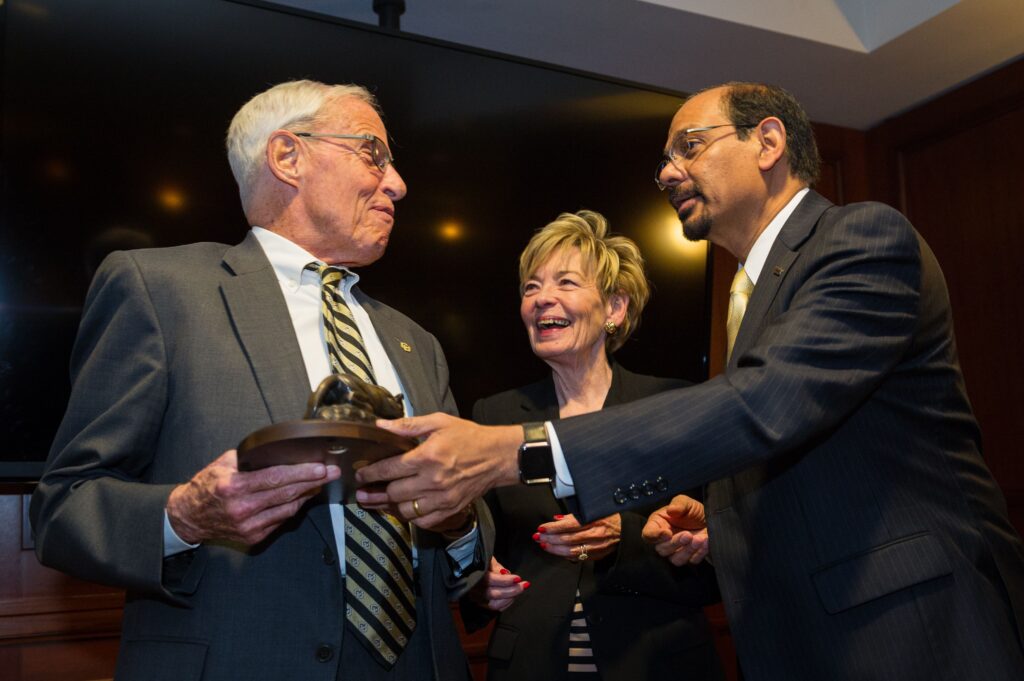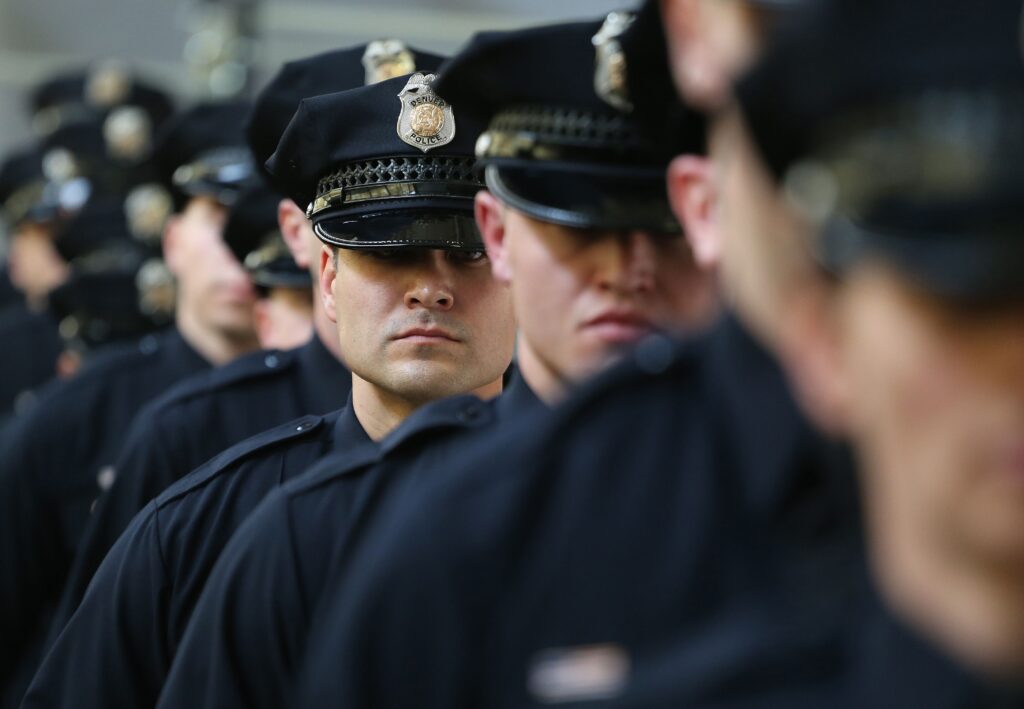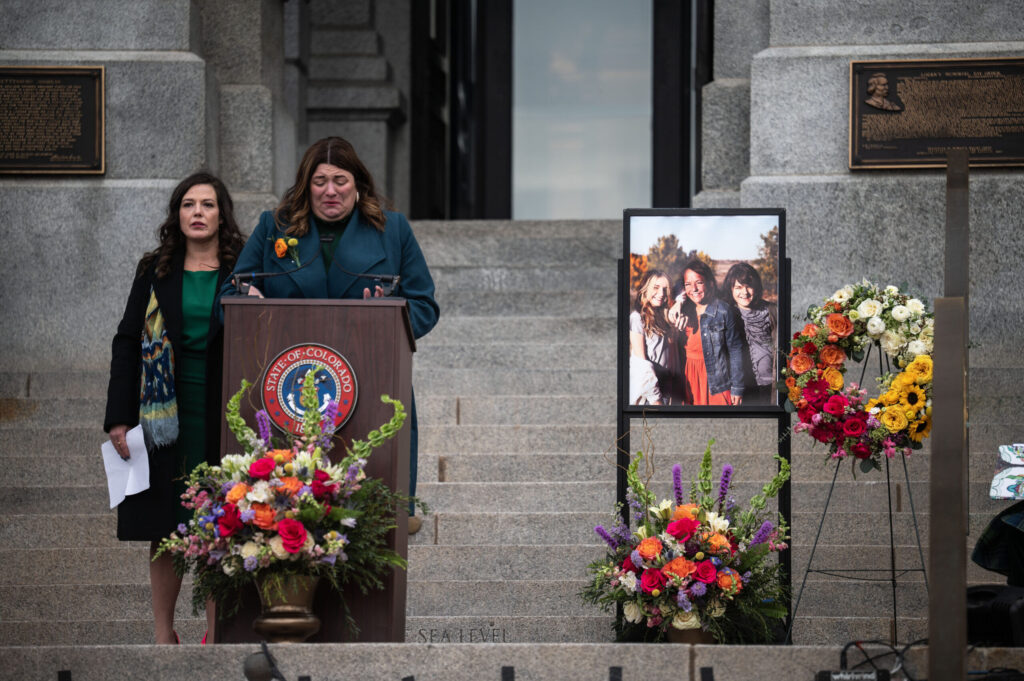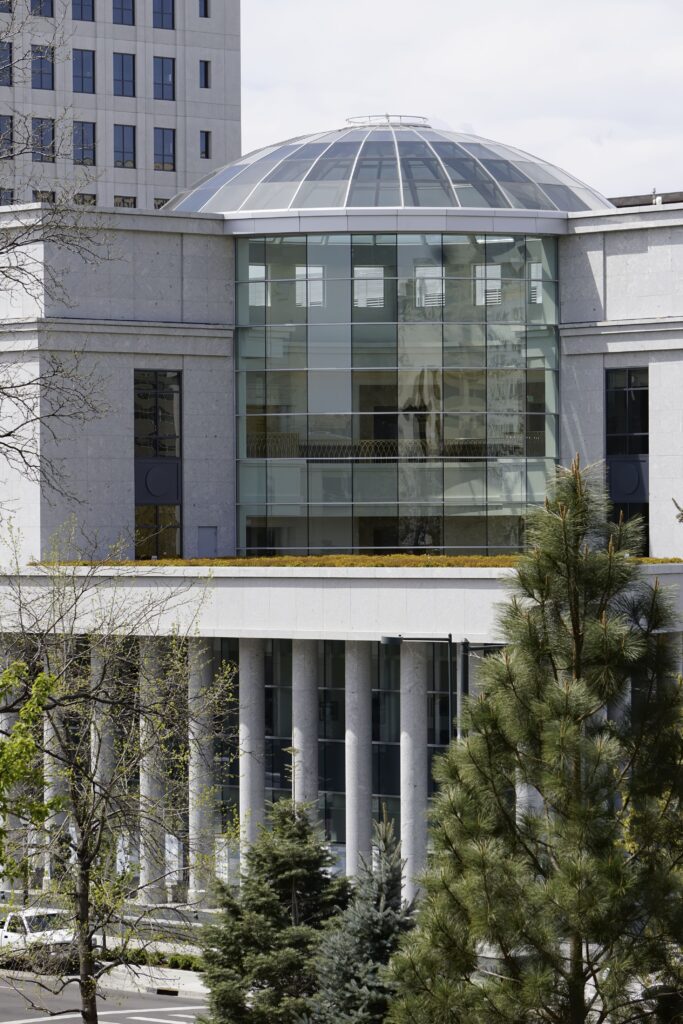Denver police won’t cooperate with ICE on civil immigration enforcement
Emphasizing that Denver is a “welcoming city,” the police department on Friday said it will not cooperate with federal immigration authorities to enforce civil immigration laws.
That position echoes the stance of Mayor Mike Johnston, who earlier said the city will comply with requests from the U.S. Immigration and Customs Enforcement — but only in “criminal” enforcement cases.
In a primer posted on Friday, a day before “No Kings” protests across the nation are planned against the Trump administration’s illegal immigration crackdown, the Denver Police Department said the city has “continued to ensure that newcomer families and individuals who want to make Denver their home can find the resources and the assistance they need to successfully do so.”
The police said officers will be on hand at every large rally “to protect the community and their right to peacefully protest.”
And, the department said, “DPD does not cooperate with ICE on federal civil immigration enforcement.”
“Denver Police do not call on ICE or any federal enforcement to support with protests.”
Colorado — and Denver, in particular — have been on the White House’s radar because of their “sanctuary policies.”
Broadly speaking, a “sanctuary city” refers to a jurisdiction that discourages or prevents local law enforcement from reporting an individual’s immigration status to federal authorities.
This tension was on full display during a congressional hearing in March, when U.S. Rep. Jim Jordan of Ohio pressed Johnston about the city’s decision to release an alleged Venezuelan gang member into “the streets,” rather than into ICE custody. A video showed a man, upon seeing federal authorities, running away from ICE agents, who chased after him. Jordan said the man assaulted an ICE officer during the incident.
Several weeks ago, the U.S. Department of Justice sued Colorado and Denver, alleging their policies are interfering with the job of immigration officers and their “sanctuary laws” violate the U.S. Constitution.
Three state laws, broadly speaking, put Colorado under the category of “sanctuary” states. The three laws, respectively, prohibit Colorado law enforcement from complying with federal immigration detainers, prevent state agencies and law enforcement from sharing certain personal information with immigration authorities unless compelled by the courts, bar state or local entities from contracting or paying for immigration detention facilities, and prohibit local jails from holding inmates solely at the request of ICE.
The 2019 law also prohibits probation officers from providing “personal information about an individual to federal immigration authorities.” This year, Democrats pushed legislation to limit federal immigration officers’ access into specific places, such as schools, and penalize, under specific situations, entities that provide the personal identifying information of immigrants.
In Denver, the City Council in 2017 passed an ordinance that prohibits “city employees from collecting information on immigration or citizenship status; prohibits the sharing of any other information about individuals for purposes of immigration enforcement; and, memorializes predominant practices by prohibiting use of city resources or city cooperation with civil immigration enforcement.”
Reporters Nicole Brambila, Deborah Grigsby and Luige del Puerto contributed to this article.
Colorado Politics Must-Reads:





